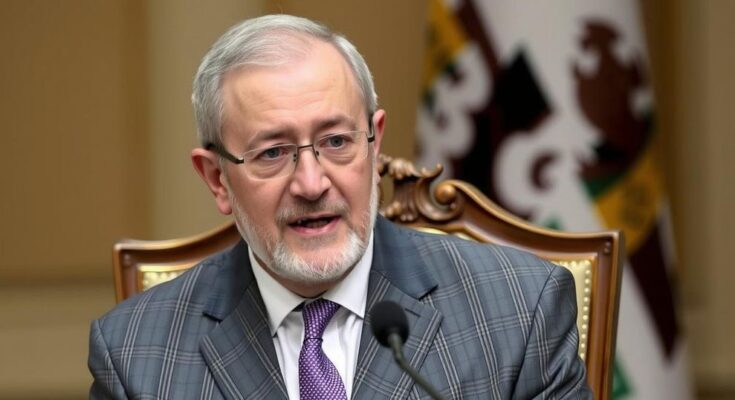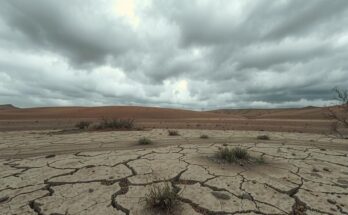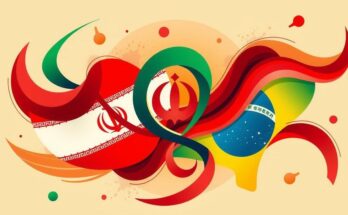Ahmad al-Sharaa, the de facto leader of Syria, indicated that elections may take four years due to the need for a new constitution and a census. He plans to dissolve his group, HTS, following political dialogue among factions to establish a transitional government. Recent Israeli airstrikes near Damascus targeted military installations connected to al-Assad’s forces, continuing the region’s complex security situation.
Syria’s de facto leader, Ahmad al-Sharaa, has announced that the nation may not be ready for elections for up to four years due to the need to draft a new constitution and conduct a comprehensive population census. Al-Sharaa, who leads Hayat Tahrir al-Sham (HTS), emphasized that political dialogue is necessary among Syria’s diverse factions, especially after five decades of dictatorship under the al-Assad regime. He stated that the HTS plans to dissolve after a national dialogue summit scheduled for March 1, aimed at establishing a transitional government by uniting the country’s divided factions. Additionally, he highlighted the importance of rebuilding the war-torn nation’s infrastructure before elections can take place. Al-Sharaa’s comments follow the accelerated insurgency that recently ousted former President Bashar al-Assad.
In a recent development, an Israeli airstrike killed 11 people near Damascus, as Israel continues to target military assets associated with the deposed regime, amid ongoing tensions in the region. The Syrian Observatory for Human Rights reported that the airstrike struck a munitions depot linked to al-Assad’s forces. Israeli forces have conducted numerous airstrikes since the outbreak of the civil conflict, primarily aimed at Iranian-backed groups.
The statement from Ahmad al-Sharaa occurs in the context of Syria’s recent history marked by an insurgency that led to the overthrow of President Bashar al-Assad after a prolonged civil war beginning in 2011. With a new leadership emerging from the coalition of insurgent groups, the transition to a democratic governance structure remains complex. Significant challenges include drafting a constitution, conducting a reliable population census, and addressing the extensive destruction of national infrastructure. The continued influence of international actors, particularly Israel and Russia, also shapes Syria’s political landscape and security environment, further complicating the path toward stability and democratic elections.
In conclusion, Ahmad al-Sharaa’s remarks reflect the intricate process ahead for Syria as it transitions from civil conflict to potential democratic governance. The anticipated timeline of four years for elections underscores the challenges of establishing a new constitution and achieving national dialogue among various factions. With ongoing military strikes in the region and the need for infrastructure reconstruction, the international and domestic political dynamics remain critical to Syria’s future. The journey toward recovery and democratic processes will require patience and strategic foresight.
Original Source: www.euronews.com




